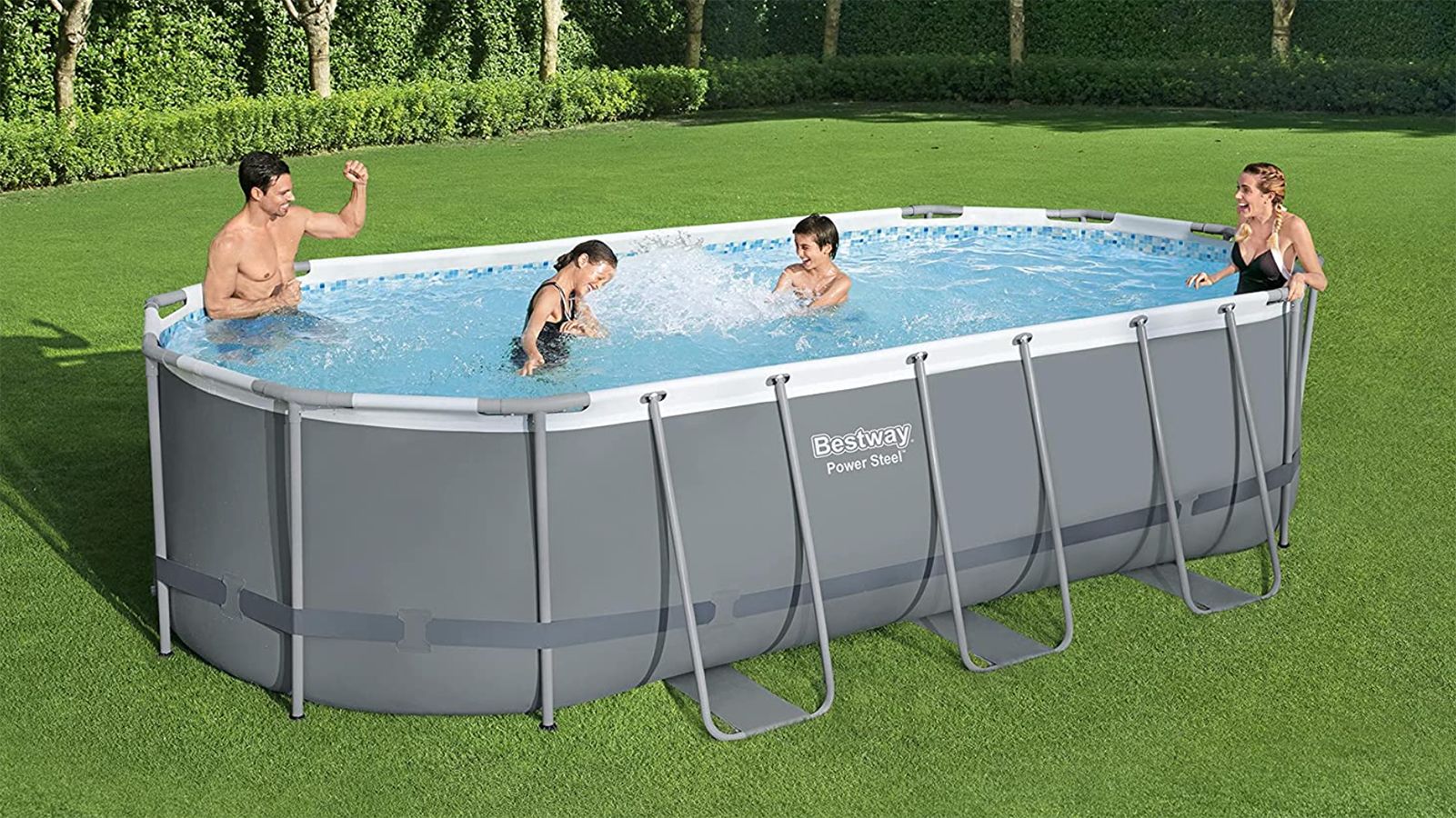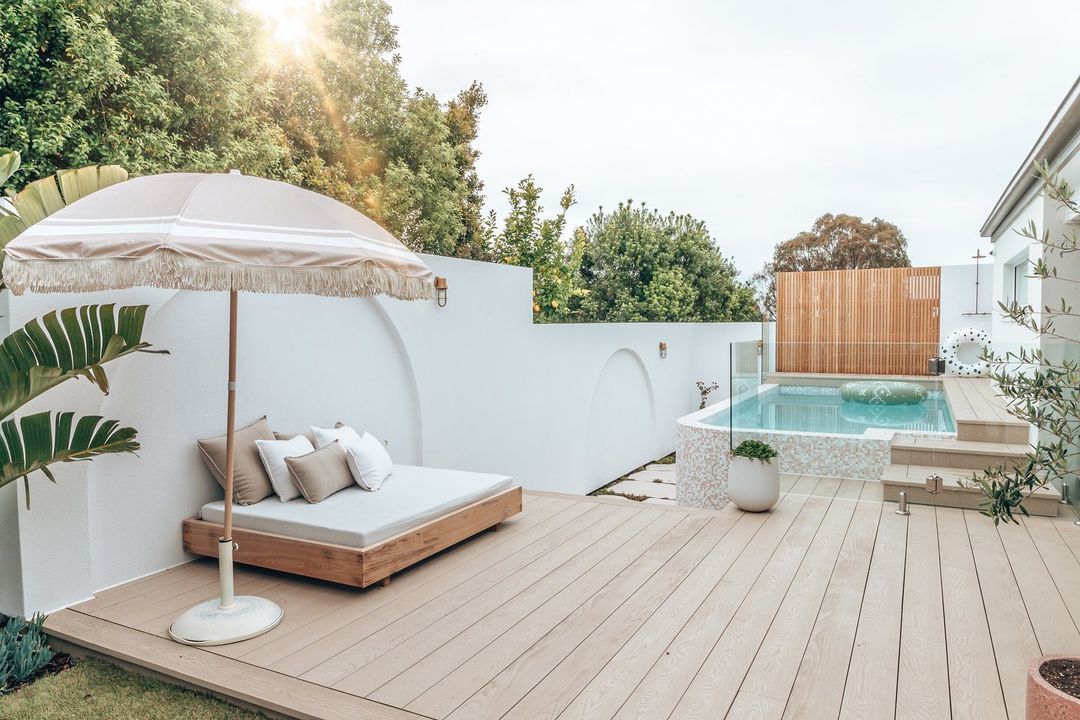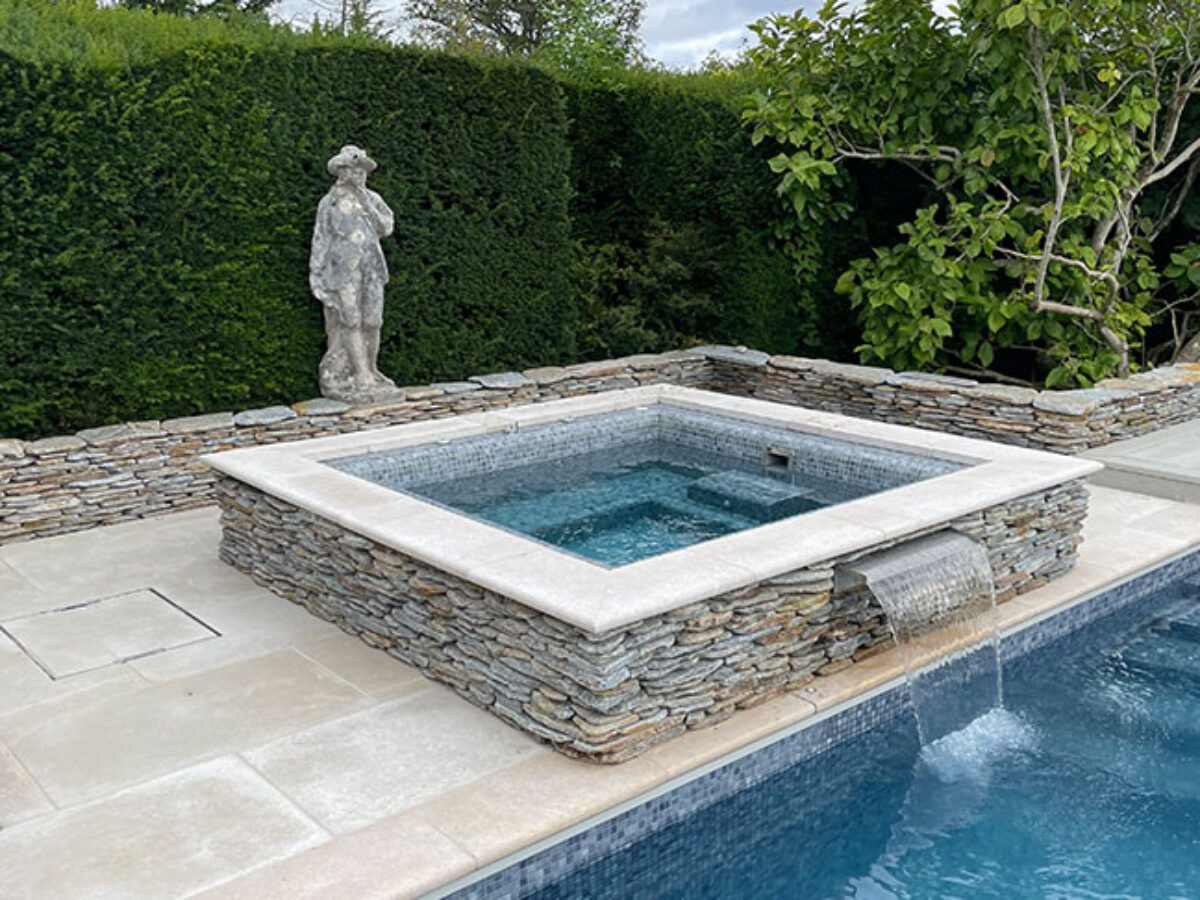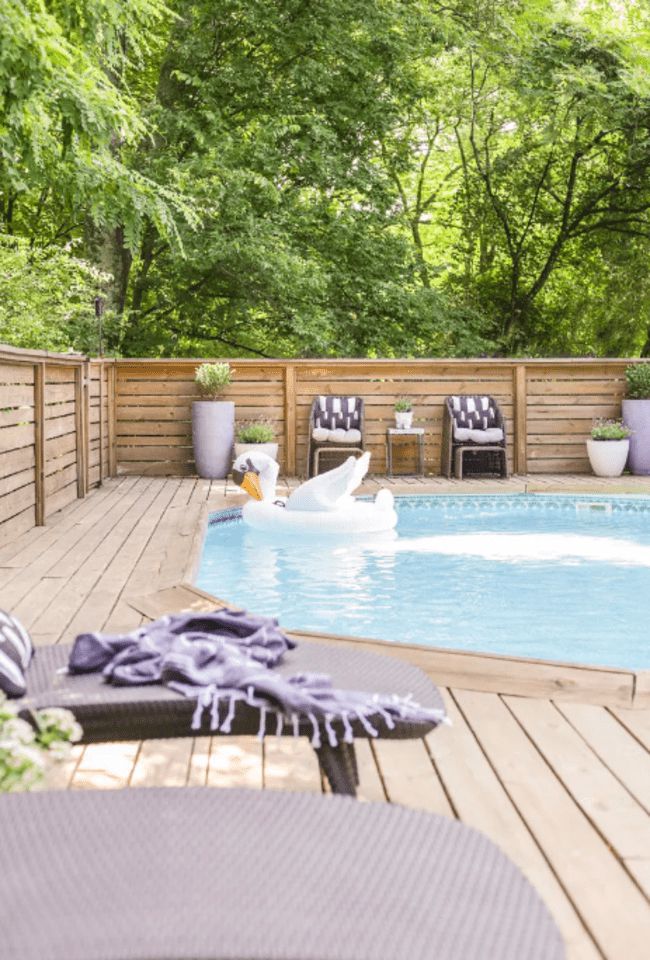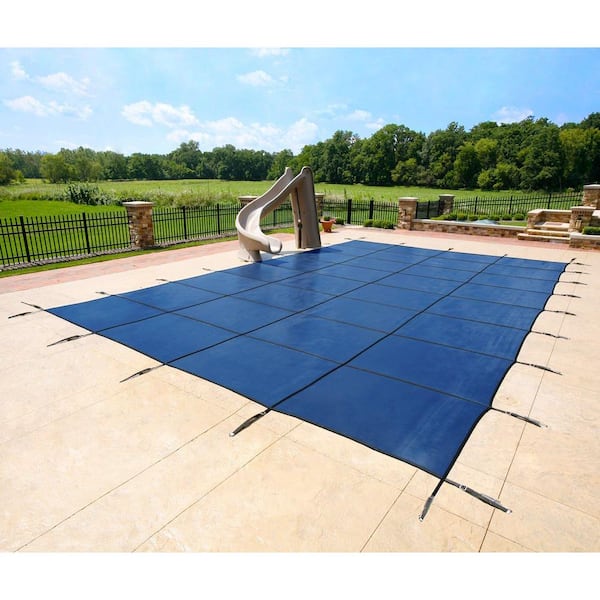Solar pool heaters have emerged as a popular and eco-friendly solution for heating swimming pools. However, their effectiveness is contingent upon several factors such as pool size, location, climate conditions, and the size of the heater itself. In this article, we will delve into the comparative effectiveness of solar pool heaters against electric and gas heaters, as well as the limitations and key considerations for investment. By evaluating these factors objectively, readers can make informed decisions about whether solar pool heaters are the right choice for their needs.
Key Takeaways
- Solar pool heaters are affected by factors such as pool size, location, climate, and the size of the heater itself.
- Compared to electric heaters, solar heaters are affected by cloudy days, take longer to heat the pool, and do not provide a constant temperature. However, they are more cost-effective in the long run.
- Compared to gas heaters, solar heaters are more efficient and cost-effective, but they require direct sunlight and take longer to heat the water.
- Limitations of solar pool heaters include their reliance on direct sunlight, the need for proper placement of solar panels, inability to maintain a constant temperature, and slower heating compared to gas heaters.
Factors Affecting the Effectiveness of Solar Pool Heaters
The effectiveness of solar pool heaters is influenced by various factors such as the size of the pool, location, climate, size of the solar pool heater, and installation cost. These factors contribute to the overall efficiency and performance of solar pool heaters in heating swimming pools.
The size of the pool is an important factor to consider when evaluating the effectiveness of solar pool heaters. Larger pools require larger solar pool heaters to ensure adequate heating. Similarly, the location of the pool plays a crucial role as it determines the amount of sunlight the solar panels can receive. Pools located in areas with more sunlight will generally have higher solar pool heater efficiency.
Climate also affects the performance of solar pool heaters. Areas with consistent sunny weather will benefit from higher efficiency compared to regions with cloudy or overcast conditions. Additionally, the size of the solar pool heater itself is significant. A larger solar pool heater can generate more heat and provide better heating coverage for the pool.
Installation cost is another factor to consider. While solar pool heaters may have higher upfront costs compared to other heating options, they offer long-term cost savings due to minimal ongoing expenses. It is important to assess the installation cost and weigh it against the potential energy savings over time.
Considering these factors, it is clear that the effectiveness of solar pool heaters depends on several variables. Pool owners should carefully evaluate their needs, pool size, location, and climate conditions before investing in a solar pool heating system. By doing so, they can ensure optimal solar pool heater efficiency and enjoy the benefits of a cost-effective and environmentally friendly heating solution.
Effectiveness of Solar Pool Heaters Compared to Electric Heaters
Solar pool heaters rely on sunlight, whereas electric heaters are powered by electricity, and their effectiveness can vary based on these different energy sources. When comparing the effectiveness of solar pool heaters to electric heaters, several factors need to be considered.
One key factor is the reliance on sunlight. Solar heaters require direct sunlight to function efficiently. On cloudy days or in areas with limited sunlight, the effectiveness of solar heaters may be compromised. Electric heaters, on the other hand, are not dependent on sunlight and can heat the pool in a maximum of seven hours. This makes them more reliable in terms of consistent heating, especially in areas with unpredictable weather patterns.
Another consideration is the consistency of temperature. Solar heaters do not provide a constant temperature like some electric heaters. The temperature of the pool water can fluctuate depending on the availability of sunlight. This may not be ideal for those who prefer a stable and controlled swimming environment.
Using pool covers can help retain the heat generated by solar heaters, improving their overall effectiveness. However, electric heaters do not require such measures as they can maintain a constant temperature regardless of external factors.
In terms of cost-effectiveness, solar heaters have an advantage in the long run due to minimal ongoing costs. While the initial installation cost of solar heaters may be higher, the absence of electricity bills makes them more economical over time. Electric heaters, on the other hand, require electricity to operate, resulting in higher operational costs.
Effectiveness of Solar Pool Heaters Compared to Gas Heaters
When comparing the effectiveness of solar pool heaters to gas heaters, several factors need to be considered. The performance of solar pool heating systems can vary depending on the size of the pool, its location, the climate or weather in the area, and the size of the solar pool heater itself. Gas heaters, on the other hand, can rapidly heat water but are expensive to run.
In terms of efficiency, solar heaters have an advantage over gas heaters. Solar heaters are more efficient at heating water due to the lower cost of solar energy. They can sustain heat for larger recreational pools, but at a higher cost compared to gas heaters. Gas heaters are more suitable for smaller bodies of water like hot tubs or spas. Additionally, gas heaters can work in any weather condition, while solar heaters require direct sunlight. This means that solar heaters may not be as effective on cloudy, misty, or foggy days.
However, it is important to note that solar heaters have certain limitations. They rely solely on direct sunlight, making them ineffective on days with poor weather conditions. The placement of solar panels is crucial for maximum sun exposure. Solar heaters also take longer to heat the water compared to gas heaters. This may not be suitable for those who prefer to swim in the evenings or require rapid heating.
Investing in solar pool heating is worth considering for those seeking a greener and cost-effective alternative. Although installation costs are high, they pay off in the long run with minimal ongoing costs. However, it may not be worth it for those living in cloudy climates or desiring constant warm temperatures. Personal pool needs and preferences play a significant role in deciding if solar heating is the right choice. It is also important to prepare for winter weather, as solar heaters do not work efficiently during colder months.
Limitations of Solar Pool Heaters
Solar pool heaters have certain limitations that need to be considered before investing in them. Firstly, they are heavily reliant on direct sunlight, making them ineffective on cloudy, misty, or foggy days. Additionally, the placement of solar panels is crucial for maximum sun exposure, which may require careful planning and adjustments. Lastly, solar pool heaters generally take longer to heat the water compared to other types of heaters, which may not be suitable for those who prefer rapid heating or swimming in the evenings.
Weather Dependency
The efficiency of solar pool heaters is contingent upon the availability of direct sunlight, making them susceptible to weather conditions. Cloudy, misty, or foggy days can significantly impact the solar heating performance of these systems. Solar pool heaters rely solely on direct sunlight to generate heat, so when the sun is obstructed by clouds or other weather conditions, their effectiveness is diminished. This limitation can result in longer heating times, as solar heaters take longer to heat the pool water compared to gas heaters. Additionally, solar pool heaters cannot maintain a constant temperature like other types of pool heaters, which may not be suitable for those who prefer to swim in the evenings or require rapid heating. Proper placement of solar panels is also crucial to maximize sun exposure and optimize the performance of these systems.
Sun Exposure Importance
Despite their cost-effectiveness and environmental benefits, solar pool heaters are limited by their reliance on direct sunlight for efficient operation. The importance of sun exposure cannot be overstated when it comes to solar pool heaters. Here are some limitations that arise due to this reliance:
- Limited functionality on cloudy, misty, or foggy days, reducing their effectiveness.
- Placement of solar panels is crucial to ensure maximum sun exposure.
- Solar heaters cannot maintain a constant temperature like other pool heaters, as they are dependent on the availability of sunlight.
These limitations highlight the need for optimal sun exposure for solar pool heaters to perform at their best. While they are a greener and cost-effective alternative, potential users need to consider the sun exposure importance and their specific pool needs before investing in solar pool heating systems.
Slow Heating Process
While solar pool heaters offer several advantages, one limitation is the slow heating process they entail. Solar pool heating relies on the absorption of sunlight to warm the water, which can take a longer time compared to other heating methods. This slow heating process can be a drawback for those who prefer to swim in the evenings or require rapid heating. To illustrate this limitation, consider the following table:
| Heating Method | Time to Heat Pool Water |
|---|---|
| Solar Pool Heating | Can take a day or more |
| Electric Heating | Maximum of seven hours |
| Gas Heating | Rapid heating, but at a higher cost |
As shown in the table, solar pool heating takes considerably longer to heat the water compared to electric or gas heating methods. While this may not be a significant issue for some, it is important to consider the slow heating process when deciding on a pool heating system.
Considerations for Investing in Solar Pool Heating
When considering investing in solar pool heating, two important factors to consider are the initial cost versus long-term savings and the suitability of the system for the climate in which the pool is located. While the installation costs of solar pool heaters may be high, the long-term savings in terms of reduced energy bills can make them a worthwhile investment. However, it is crucial to assess whether the climate in the area receives enough sunlight to make solar pool heating effective.
Cost Vs. Long-Term Savings
The cost of installing a solar pool heating system may seem high initially, but the long-term savings in energy bills make it a worthwhile investment. Here are some considerations for investing in solar pool heating:
- Financial Savings: Solar pool heaters can significantly reduce or eliminate the need for traditional energy sources, resulting in lower energy bills over time. This can lead to substantial cost savings in the long run.
- Environmental Benefits: By harnessing the power of the sun, solar pool heaters are a clean and renewable energy source, reducing carbon emissions and minimizing the ecological impact.
- Increased Pool Usage: With a solar pool heater, you can enjoy a longer swimming season, as the system efficiently heats the pool water. This allows you to make the most of your investment and enjoy your pool for extended periods.
Suitability for Climate
Considerations for investing in solar pool heating depend on the climate of the location. The suitability for climate is an essential factor to consider when deciding to invest in solar pool heating. Solar pool heaters rely on direct sunlight to generate heat, so they are most effective in regions with abundant sunshine and fewer cloudy or misty days. In areas with a consistently cloudy climate, solar pool heating may not be as efficient or reliable. Furthermore, solar heaters may not be suitable for those who desire constant warm temperatures or prefer to swim in the evenings, as they take longer to heat the water compared to gas heaters. Therefore, before investing in solar pool heating, it is crucial to evaluate the climate of the location to determine the suitability and effectiveness of this heating option.
Conclusion: Evaluating the Overall Effectiveness of Solar Pool Heaters
Solar pool heaters offer a viable and eco-friendly solution for heating swimming pools, but their overall effectiveness is influenced by various factors. When evaluating the overall effectiveness of solar pool heaters, it is important to consider the factors that can impact their performance. These factors include the size of the pool, the location of the pool, the climate or weather in the area, the size of the solar pool heater, and the installation cost.
Comparing the effectiveness of solar pool heaters to electric heaters, it is evident that solar heaters rely on sunlight, so cloudy days can affect their efficiency. Electric heaters, on the other hand, can heat the pool in a maximum of seven hours, while solar heaters can take a day or more. Solar heaters also do not provide a constant temperature like some electric heaters, but using pool covers can help retain the heat generated by solar heaters. However, solar heaters are more cost-effective in the long run due to minimal ongoing costs.
When comparing solar pool heaters to gas heaters, it is clear that gas heaters can rapidly heat water but are expensive to run. Solar heaters, on the other hand, are more efficient at heating water due to the lower cost. While gas heaters are suitable for smaller bodies of water like hot tubs or spas, solar heaters require direct sunlight and can work in any weather condition. Gas heaters can sustain heat for larger recreational pools, but at a higher cost.
Frequently Asked Questions
Are Solar Pool Heaters Suitable for All Pool Sizes?
Solar pool heaters are not suitable for all pool sizes. The effectiveness of solar pool heaters depends on several factors such as the size of the pool, location, climate, and size of the solar pool heater. While solar heaters are more cost-effective in the long run due to minimal ongoing costs, they may not provide a constant temperature like some electric heaters. Additionally, solar heaters require direct sunlight, making them ineffective on cloudy or misty days. Therefore, it is important to consider these factors before investing in solar pool heating.
Can Solar Pool Heaters Be Installed in Any Location?
Solar pool heaters can be installed in various locations, but their effectiveness may vary depending on factors such as the size and location of the pool, climate conditions, and the size of the solar pool heater itself. While they are more cost-effective in the long run compared to electric or gas heaters, solar pool heaters rely on direct sunlight and may not work efficiently on cloudy or misty days. Additionally, they may take longer to heat the water compared to gas heaters.
Do Solar Pool Heaters Work in All Types of Climates?
Solar pool heaters are a viable option for heating pools, but their effectiveness can vary depending on the climate. While solar heaters require direct sunlight for optimal performance, they may not work as efficiently in areas with frequent cloudy or misty conditions. However, in sunny regions, solar pool heaters can effectively heat the water, providing a cost-effective and environmentally-friendly solution. Factors such as pool size, location, and personal preferences should be considered before investing in solar pool heating.
How Long Does It Take for Solar Pool Heaters to Heat up the Pool Water?
The time it takes for solar pool heaters to heat up the pool water depends on various factors, such as the size of the pool, location, climate, and the size of the solar pool heater itself. Generally, solar heaters can take a day or more to heat the pool water, compared to electric heaters which can do so in a maximum of seven hours. It is important to note that solar heaters do not provide a constant temperature like some electric heaters, and their effectiveness can be affected by cloudy days.
Can Solar Pool Heaters Be Used in Combination With Other Heating Methods?
Solar pool heaters can be used in combination with other heating methods to increase their effectiveness. By supplementing solar heating with electric or gas heaters, pool owners can ensure a consistent and rapid heating process, especially during cloudy or colder days. This hybrid approach allows for greater flexibility and efficiency in maintaining desired pool temperatures. However, it is important to consider the additional costs and energy consumption associated with using multiple heating methods. Overall, combining solar pool heaters with other heating methods can provide a reliable and effective solution for pool heating.
